Today’s readings
The talk of mourning and death in today’s Liturgy of the Word reminds us of a couple of really important life principles. The first is that we will have to suffer and mourn in this life, because this life is riddled with sorrows. We saw that clearly in Orlando this past week, and the truth is we see it all the time on the streets of Chicago. The second life principle is that Jesus embraced suffering himself, and did not come to make it go away. And finally, suffering was something our Lord redeemed, changing it from a dead end to a path to glory. The Gospel today in particular addresses these principles.
The story begins with a lesson on who Jesus is. Our own self-identity is something many of us spend a lifetime trying to figure out. Our identity is important to us: it tells us how we fit into the social structure as well as what makes us unique from others. Until we really know who we are, we are very unlikely to accomplish anything of importance or even be comfortable in our own skin. And so when Jesus asks the disciples “Who do the crowds say that I am?” it is a question with which we all resonate on some level, at some time in our lives.
Now, I’m not suggesting Jesus was having an identity crisis, or even that his notion of who he is was developing. Clearly, his asking that question wasn’t so much for his own information or even to see where he was in the social structure of Israel, but he was nudging the disciples to come to an understanding about what was going on. Jesus knows who he is and why he is here, but it’s for us and for those first disciples to begin to see Jesus in deeper ways.
The answers the disciples give to that question are interesting. John the Baptist risen from the dead, Elijah returned from the whirlwind, or that one of the ancient prophets had arisen. Clearly he had no parallel on earth at the time; all their answers involved the return of someone from the dead or the beyond. The reason this is significant is because, at the time, the possibility of there being anything beyond death or any kind of resurrection was in great dispute. The Pharisees believed in a life after death, the Sadducees did not; that is the reason many of the Gospel stories show those two groups in opposition to each other.
But the real significant part of their answers lies in what is going on in the disciples’ minds as they answer Jesus. You can almost hear the excitement in their voices. They had been seeing Jesus healing diseases and casting out demons. Not only that, they had just returned from their own missionary journey in which Jesus gave them authority to do those same things. Clearly they were in the presence of a superstar, and his charisma was rubbing off on them. They were ready for the glory, and they will get it, but not in the way they’re expecting.
Now Jesus wants to dig a little deeper. “But who do you say that I am?” he asks them. Peter speaks for the disciples and gets the answer right the first time: “The Christ of God.” I think he answers that with deep reverence and awe, but unfortunately, he didn’t know the half of it.
Jesus affirms his correct answer, but then goes on to reveal what that means for him. Yes, he is the Christ of God, but the Christ isn’t what they had anticipated. This was not going to be simply some glory trip. The Christ would have to suffer, be rejected, be killed, and then … then be raised from the dead. And that whole being killed part is the sticking point, but it’s absolutely necessary, he can’t be raised from the dead if he isn’t killed; that’s not a step one can skip.
This all had to be pretty hard for them to digest. But it’s nothing compared to what Jesus reveals next. Those disciples who thought they were on the glory train could also expect to suffer:
If anyone wishes to come after me, he must deny himself
and take up his cross daily and follow me.
For whoever wishes to save his life will lose it,
but whoever loses his life for my sake will save it.
We don’t get to skip a step either. We too will be called to the cross. If we want eternal life, we have to be willing to give up this life. There is no resurrection without a cross; there is no Easter Sunday without a Good Friday. Not for Jesus and not for his disciples, not even for you and me.
We know that suffering is part of life. We have experienced illness, injury, pain, loss of a job, death of a loved one, physical or psychological abuse – the list is long. Just in the past week, our nation has suffered so much loss. So often all this suffering seems pointless. We might even be tempted to quarrel with God: if God is loving, why to innocent people have to suffer, why do we have to suffer? Why can’t it be the guy who cuts us off in traffic while he’s drinking coffee with one hand and talking on a cell phone in the other?
The truth is, the justice of suffering is beyond us. We don’t know why bad things happen to good people. Suffering can often seem so capricious, so random, so devoid of meaning. And it is, if we let it be. You see, sometimes we just get it wrong. We sometimes think that Jesus came to take away suffering and we get mad when that’s not what happens. But if Jesus came to take away suffering, he certainly wouldn’t have had to go through it himself. He didn’t come to take away suffering, but to give meaning to it, to redeem it – to come to glory through it.
We can see in the cross that the path to glory and the path to life leads through suffering to redemption. There’s no way around it. The cross Jesus took up will be ours to take up daily if we wish to follow Jesus to eternal life. He is the Way: if we want to get to heaven we have to follow his path. Our own identity as disciples and followers of Christ is bound up in the ugliness of suffering and the agony of the cross.
That flies in the face of our culture that wants us to take a pill for every pain and medicate every burden. Jesus says today that that kind of thinking is simply losing our lives trying to save them. The rest of life passes us by while we are self-medicated beyond our pain. But, if we lose our life for the sake of Jesus, if we take up our crosses and follow him, if we bear our burdens and our sorrows and our pain and our brokenness, if we join our sufferings to the suffering of Christ on the cross, then we too can experience what he did: the glory of eternal life. That was the only hope of those first disciples, and it is our only hope too, fellow disciples of the Lord.
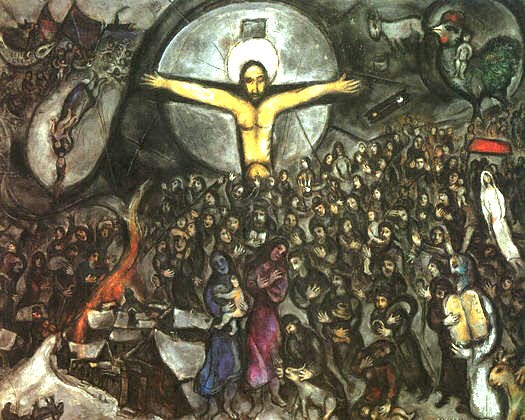
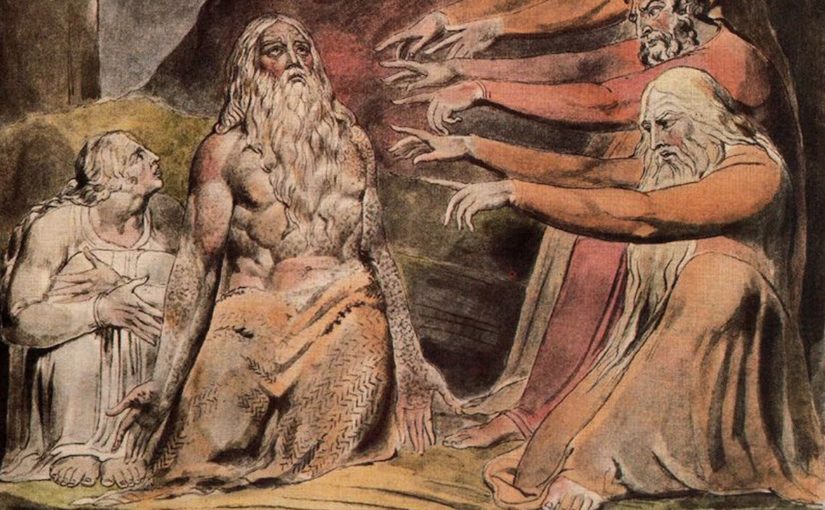
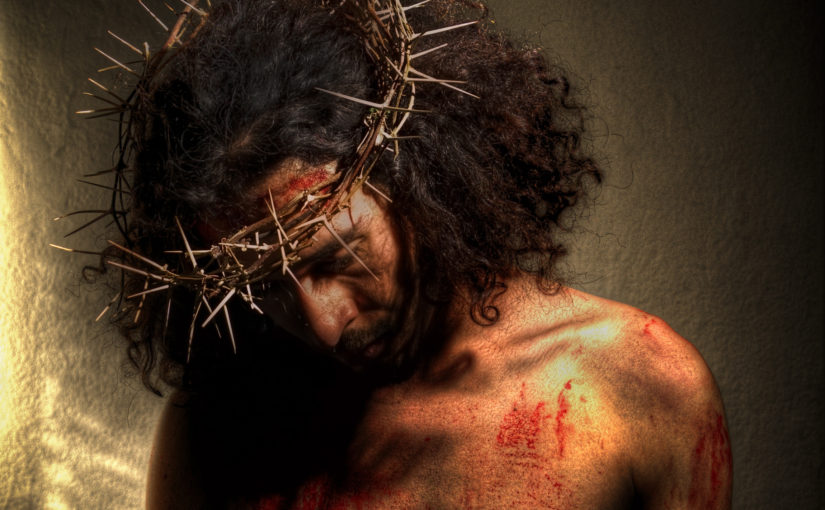
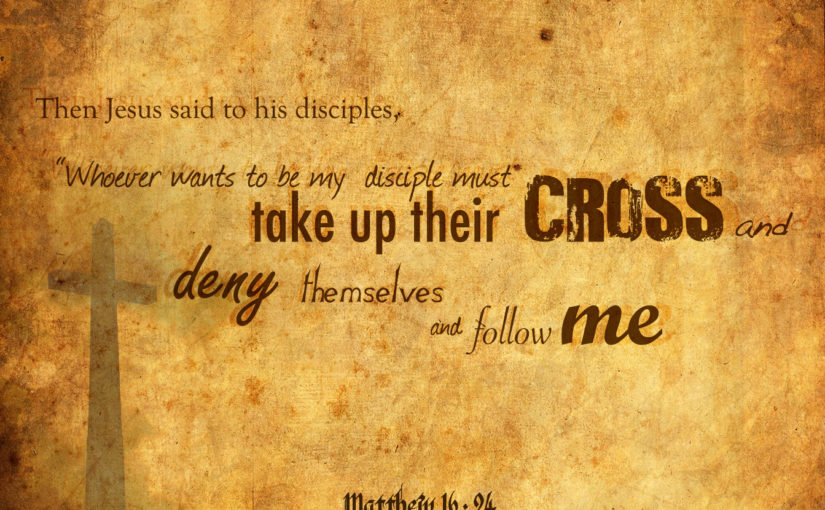
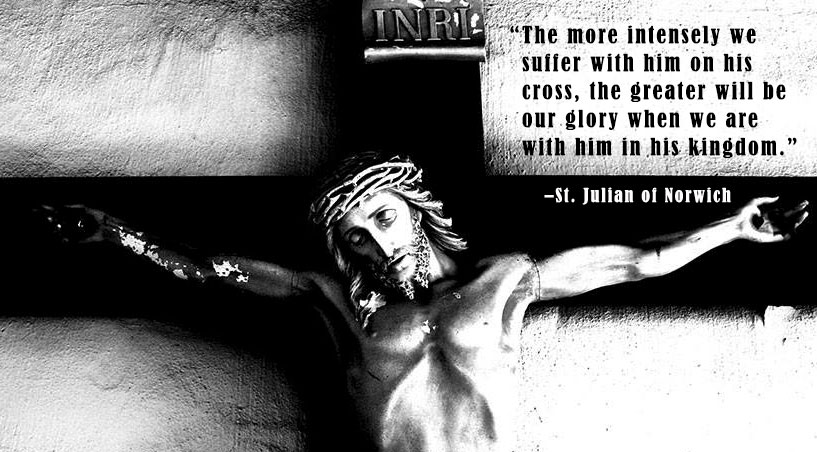
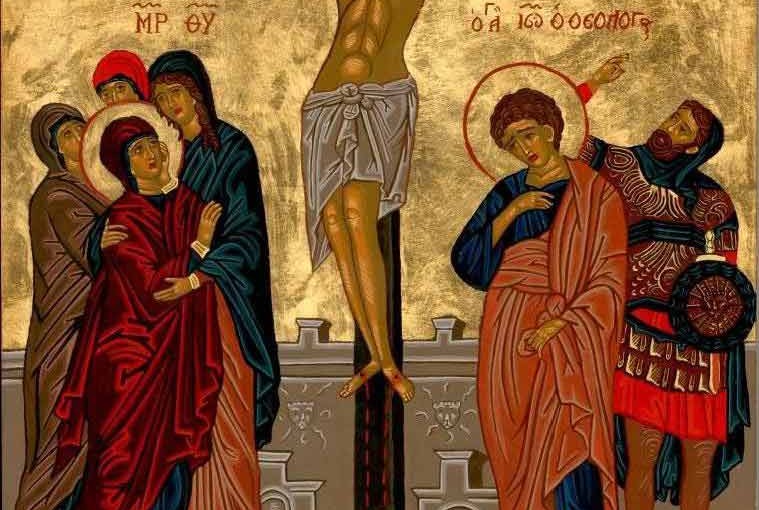

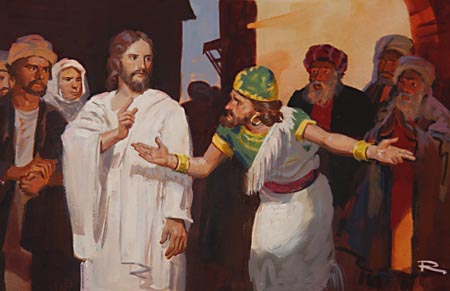

You must be logged in to post a comment.